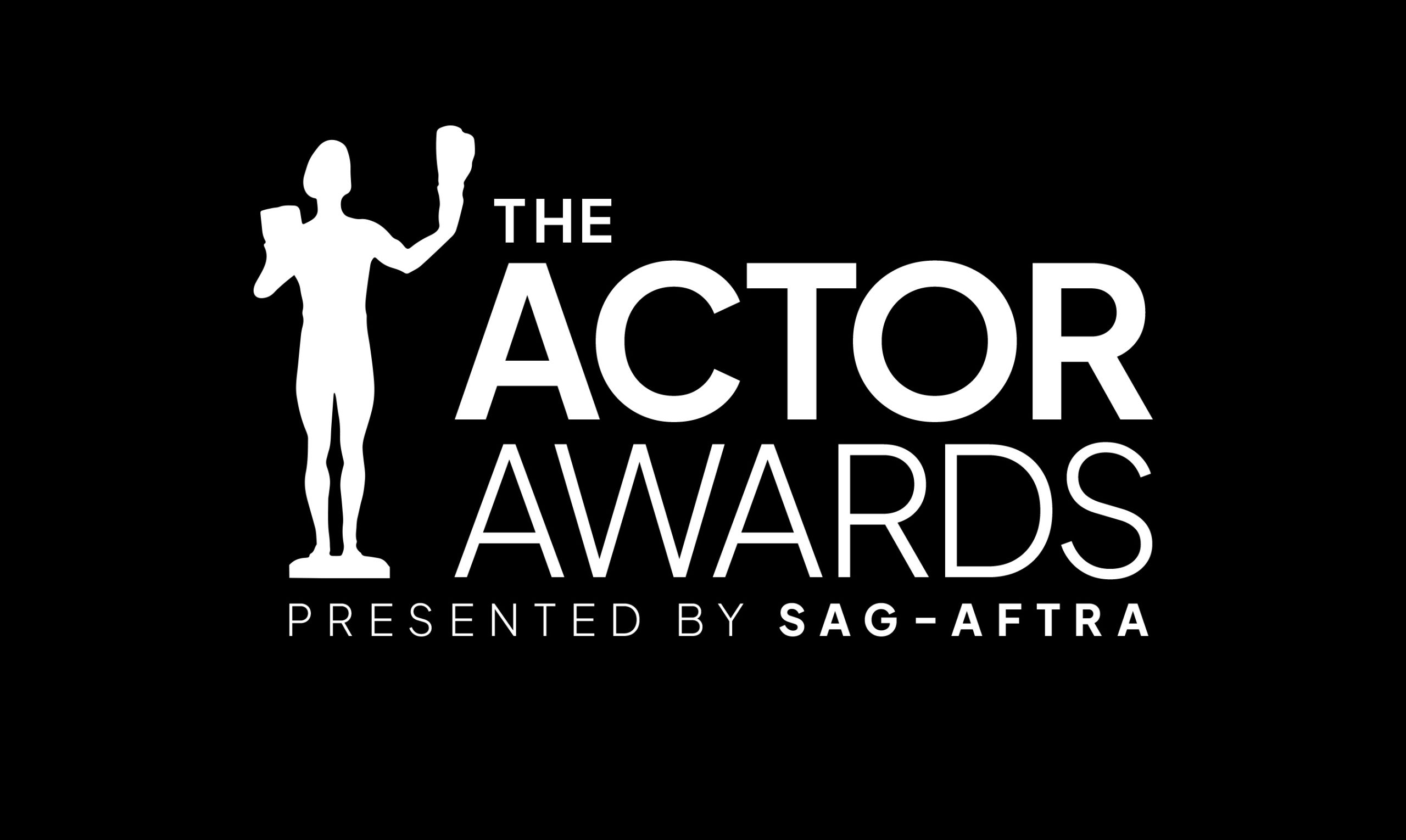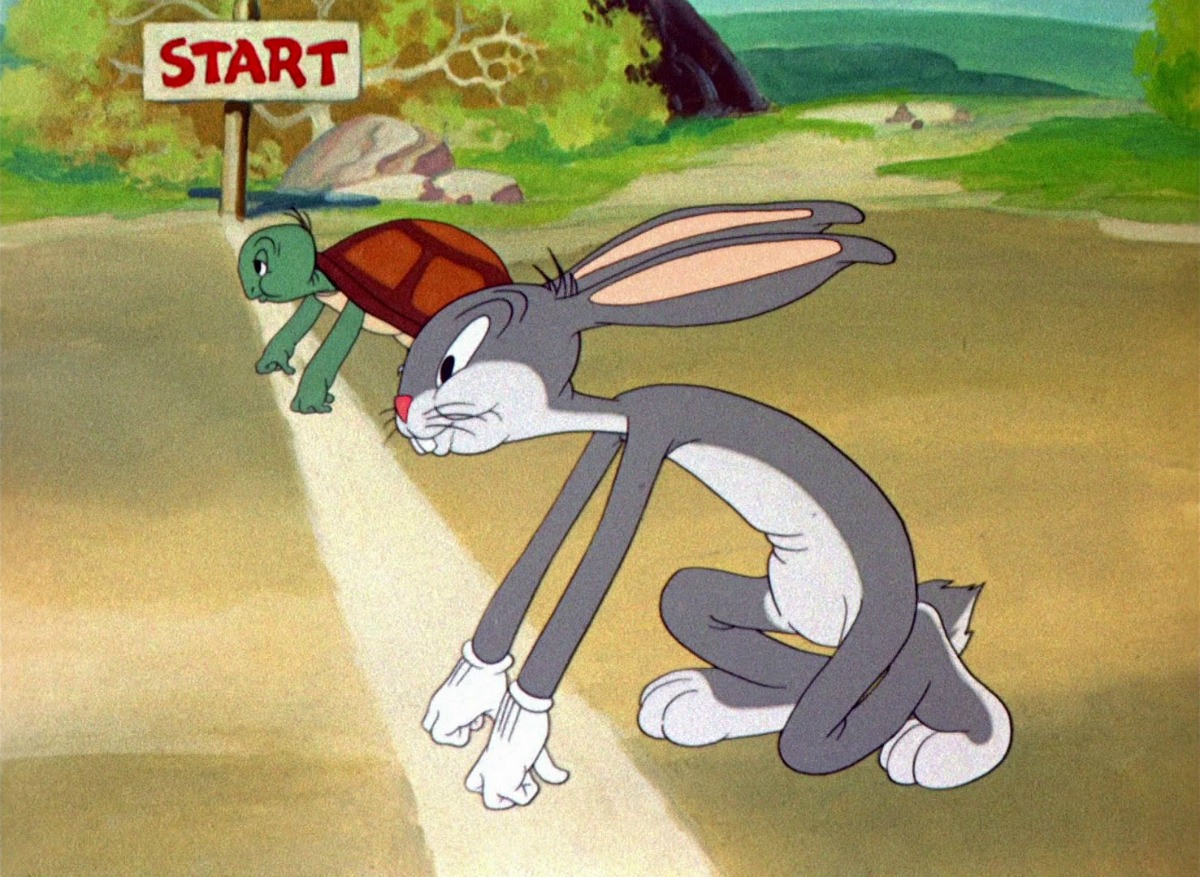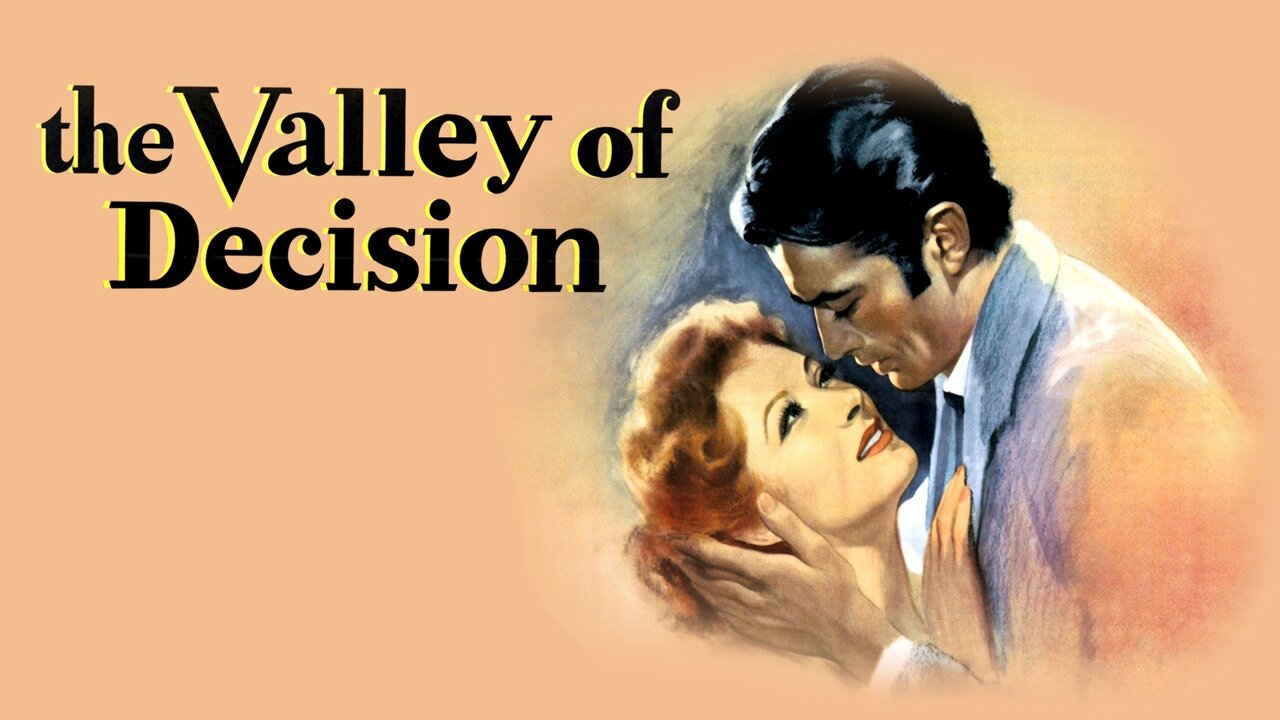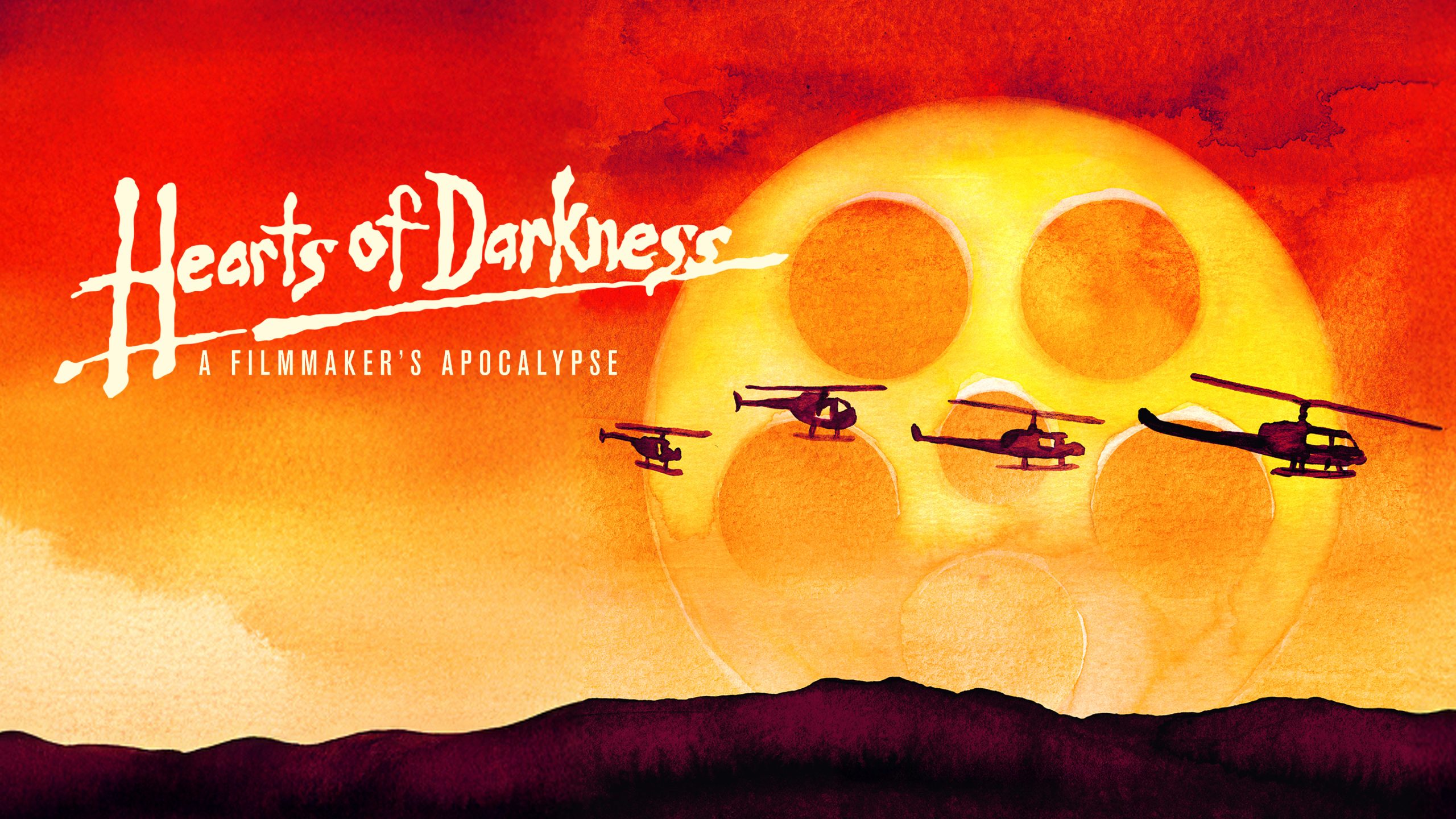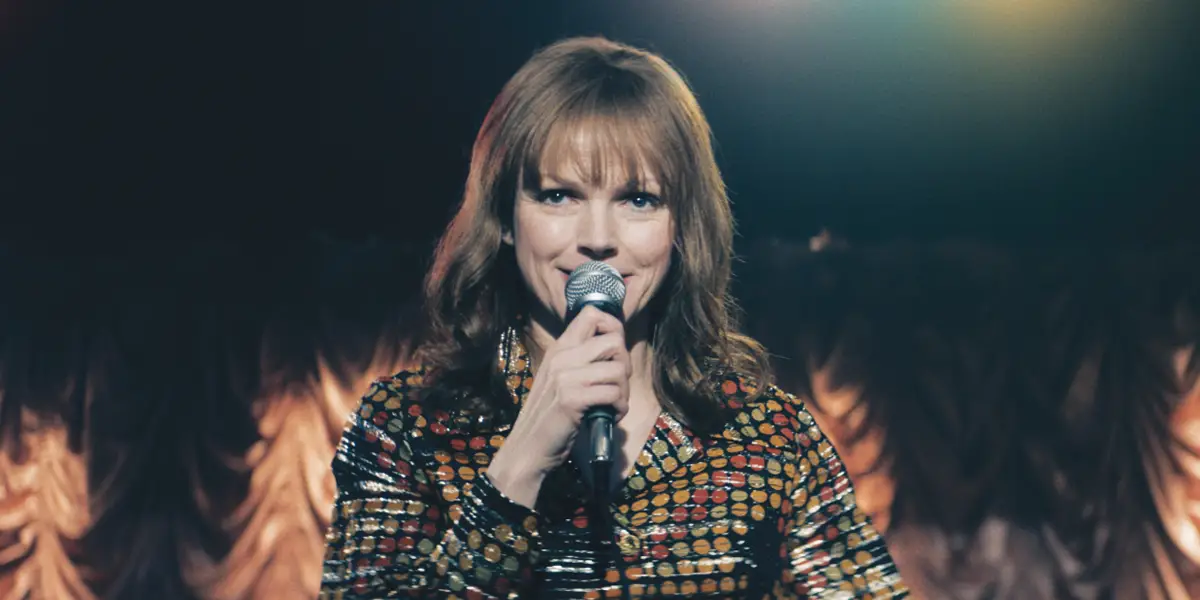
What Funny Cow does is manage to tackle the subject of being a woman in comedy by showing a focus on the behind-the-scenes drama.
Funny Cow (Maxine Peake) is a woman who looks to break into the comedy scene during the 1970s. She would continue her rise into the next decade. The film is grounded through the performances in British comedy clubs. Whether this format works is up to the viewer but I surely struggled in viewing the film. The abusive scenes alone were a bit much for me to say the least. It isn’t even just the abusive behavior but the sexism that she dealt with in the clubs. On top of this, the non-PC jokes may be more suitable for the time period in which the film is set instead of today’s audiences.
The thing about making films in the world of stand-up comedy is deciding how much of the act should be seen on camera. It’s problematic in some ways because the film focuses less on comedy and more on the drama. The drama plays more to the abusive side than anything else. Other films tackle this subject much better and cut around it. Not only does Funny Cow deal with an abusive father (Stephan Graham) but she ends up marrying an abusive husband, Bob (Tony Pitts). Bookstore owner Angus (Paddy Considine) serves as her knight in shining armor. Please keep the trigger warning in mind should you decide to see the film.
Maxine Peake is fine and all as a performer but there’s not much else to enjoy. Maybe Funny Cow is a film that would be more appealing to British audiences but whatever they’re going for doesn’t translate well in the States.
DIRECTOR: Adrian Shergold
SCREENWRITER: Tony Pitts
CAST: Maxine Peake, Paddy Considine, Tony Pitts, Stephen Graham
